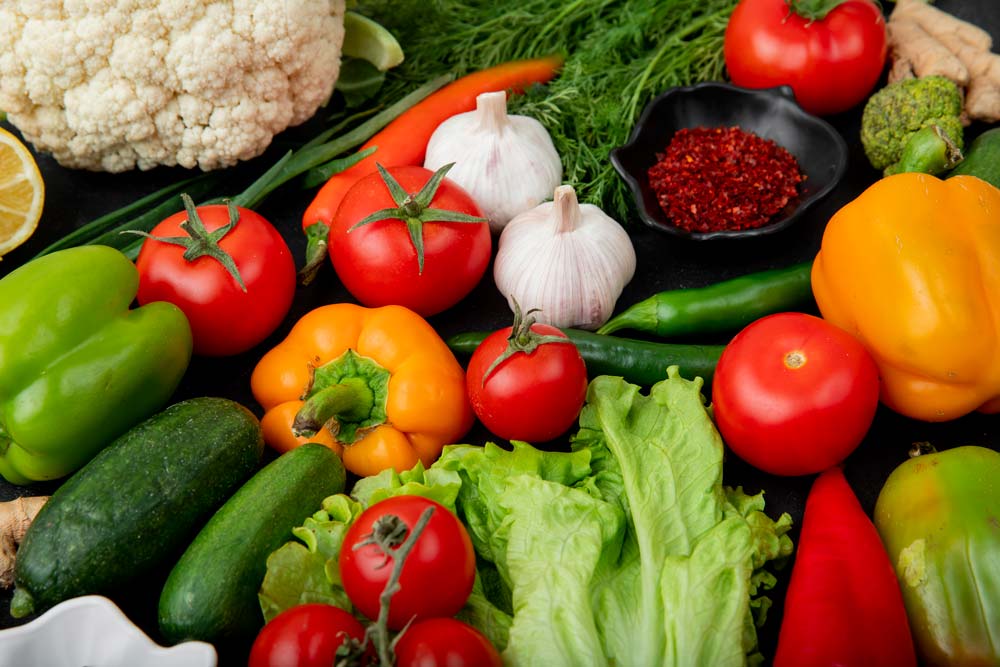For so many years, people only made food through natural farming methods using beneficial insects, dejection of cattle and crops. In that period, there was no concept of organicity. It was a normal farming style and the original farming style. Organic means are almost the same as this farming style. The term “organic” refers to farming without the use of toxic agricultural chemicals, such as pesticides and fertilizer [1].
However, after World War II, along with the developing industries and increasing population, it became necessary to produce larger amounts of food than before. That is one of the reasons that businesses and even governments rapidly invested in agricultural chemicals and used them without enough verification about their effects on health.
In 1946, British Organic Association was established in England to protect the public’s health from agricultural chemicals. In 1972, IFOAM (Organics International trace back to a meeting) started and still operates until now. In 1999, CODEX published “CODEX guideline of Organic”. In 2001, Organic JAS certification started in Japan. The history of agricultural chemicals is not long. There are a lot of issues about the effect of our health until now [2].
- Comparison of Organic Food styles in Japan and Canada
In Canada, the Canadian Food Inspection Agency (CFIA) regulates not only any food but also any animal feed or seed. Organic products can get CFIA labels. In a supermarket, there are organic corners. The organic market of Canada was 7 billion dollars worth of organic foods in 2020. Furthermore, in Canada, the CSA (Community Supported Agriculture) style became more popular. In this system, a consumer can purchase food from a farmer who has a farm in the same community by subscription. It makes it easier to be an organic farmer.
On the other hand, in Japan, organic JAS regulates only food. In the supermarket, only a part of the corner has an organic product. The Japanese organic market was only 0.6 dollars in 2020.
- Why is organic food not very popular in Japan?
There are three big reasons. First of all, the Japanese Ministry of Agriculture does not provide enough support funds for an organic farm. In France, an advanced organic country, the Ministry of Agriculture provides a lot of support funds for them. Secondly, the Japanese Agriculture Association (JA) controls everything, including trading, wholesaling, and agricultural chemicals. If organic style expands in Japan, their income from agricultural chemicals will decrease. Lastly, the climate is not suitable for organic products.
References
- What is Organic, viewed 24 September 2021 https://www.canada-organic.ca/en/what-we-do/organic-101/what-organic
- Our History & Organic 3.0, IFOAM, viewed 25 September 2021 https://www.ifoam.bio/about-us/our-history-organic-30
- Canada’s organic sector just keeps growing, December 01 2020, viewed 25 September 2021 https://www.edc.ca/en/blog/canada-organic-sector-growth.html
- 「オーガニック後進国」日本の残念すぎる事実 Viewed 26 September 2021 https://toyokeizai.net/articles/-/302815
